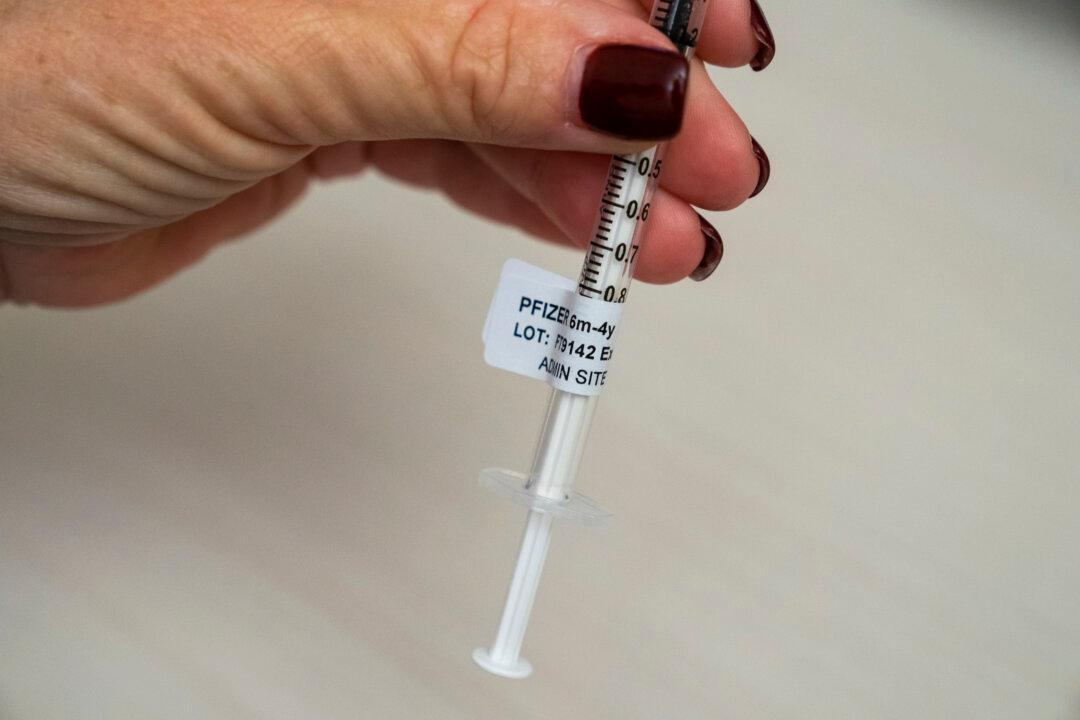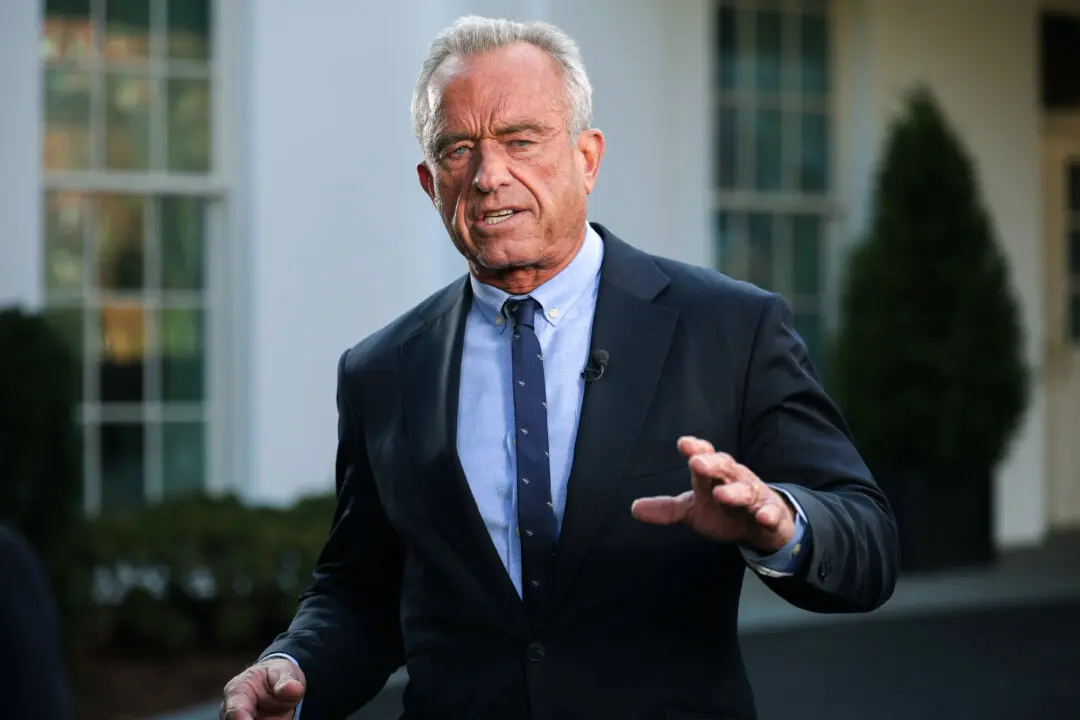The COVID-19 vaccination rates for small children have already peaked just weeks after two of the vaccines were authorized for the age group, according to a new analysis.
U.S. officials in mid-June authorized and recommended the Pfizer and Moderna vaccines for virtually all children aged 6 months to 5 years.





